I remember my first interaction with a guidance counselor at school. After completing a questionnaire, I was shown a vast array of possible occupations I was apparently suited to. The list was huge, I didn’t even know there were so many types of jobs!
I enjoyed studying, so decided to go to university. Looking through the overwhelming list of degrees I could choose from, I crossed out those I wasn’t interested in (all the way from anthropology to zoology), and thought that there were far too many options.
Fast forward to today and the world of work is even more bewildering, with career options increasing at an exponential rate. New technologies like data science, artificial intelligence and robotics create a range of new jobs. Then come shifts in societal trends such as the preference for on-demand services, the desire to buy eco-friendly products, and mass-customisation of products. Demographic trends such as ageing and properly supporting those with a disability create a myriad of career pathways as new organisations are established and existing organisations adapt to meet demand.
In this hyper-changing environment, it seems somewhat pointless to base our career decisions on the pursuit of achieving "a job" or even one profession.
What will happen to our work, and our careers, when these jobs and professions no longer exist?
Even if we choose professions that have been around for centuries, such as doctors, architects or engineers, they are unlikely to remain the same. Across the 40 to 50 year span of a person's working life these professions will advance and evolve so significantly that they are almost new professions.
It's time to ask different questions about careers
If the career goals of a job or profession are unlikely to provide us with long term career success because of their impermanence, perhaps it is time to shift our focus to something that can stand the test of time.
We need to ask different questions about what our career means to us.
One of the great privileges of being human is that we have the capacity to ask deep questions about the purpose of life and take action to search for answers. It is this ability to discriminate and make decisions that differentiate us from the rest of the animal kingdom. This desire to grow, develop and to learn appears to be at the very core of what it is to be a human.
Over tens of thousands of years we have evolved to dominate this world and subjugate it to our needs and desires, and we continue to search for answers to life's big problems. This search has gone on since the early days of philosophy, from Socrates exploring “who am I”, through to Descartes in the Middle Ages grappling with the question “what is real”, through to modern-day philosophers trying to understand the very nature of Truth and how things happen in this world.
While all these great thinkers and philosophers have approached the problem from a different angle, at the very core they have been trying to understand the fundamental human need of “what do I make of this life?”. In other words, what is my purpose? Why am I here? What am I meant to do?
The work that we do - our career - plays an important part in helping us answer these questions. Across all the domains of our life work is one of the biggest. We spend a lot of time at work and it provides us with rich opportunities to pursue and experience meaningfulness.
There is no greater time to attempt to answer these questions than now. The speed at which the nature of work is changing is unlikely to slow down, suggesting that the future of careers lies not in exploring the specificity of context, but rather providing deeper, more relevant insights to help people live a meaningful life in a constantly changing environment [1].
We need to reconceptualise careers to provide flexibility for the unknown changes that will impact on people’s working lives in the years and decades ahead. Career is not a destination. It is one mechanism that affords us the opportunity to grow and mature as humans.
Rather than seeking to reach a specific point, perhaps we should aim to build a career of substance. Substance means something fundamental which is at the very bottom of things, the foundation, the most important element in existence. Etymologically, the term is defined as sub stance - literally something that stands beneath or supports the person or thing. A career of substance has something that underpins it, something that provides a foundation, a sense of meaning and purpose [2].
To build a career of substance we need to answer for ourselves some foundational questions. It could be argued that there are hundreds of questions that we need to answer in order to live a life well lived. However, there appears to be a few questions which are more important or, if you like, more foundational than the others. These are:
(1) How do I find meaningful work? We all seek to have a sense of purpose in life, and work, plays an important part in contributing to that sense of purpose.
(2) What is my contribution? This is the 'what' question - what I am best suited to do and how does my unique set of talents and skills combine into specific jobs or activities.
(3) Where is my place in this world? We live in a boundaryless world where time and space have collapsed through technology and affordable travel, allowing us now more than ever to choose the environment in which we live and work.
(4) How do I adapt to constant change? As the world of work continues to evolve and change, so do we. Being able to rapidly acquire new knowledge and build mental agility and resilience are the building blocks of adaptability.
(5) Who are my people? "Engage your allies and be a good ally" says the Canadian Blueprint for Career Development, eloquently summarising the importance of being part of groups where you feel a sense of belonging and from where you can learn and grow.
Navigating the world of work over the next decade requires us to think differently about our relationship to work. Start by asking different questions which will result in new conversations and unexpected revelations. We can't passively wait for career success to come to us.
READ MORE ARTICLES FROM THE MEANINGFUL CAREERS SERIES HERE
[1] The Future of Work and Employment
[2] Substance is a term used extensively by the philosopher Kenneth Burke who spent his life exploring human motivation.
Read the second blog of our meaningful careers series here: How do I find meaningful work?
%20-%20Copy%20(2).jpg)
Edwin is the CEO of Trevor-Roberts and has spent the last 2 decades exploring how people find meaning through their work. He is also Chair of the Advisory board at the Centre for Work, Organisation, and Wellbeing at Griffith University.










